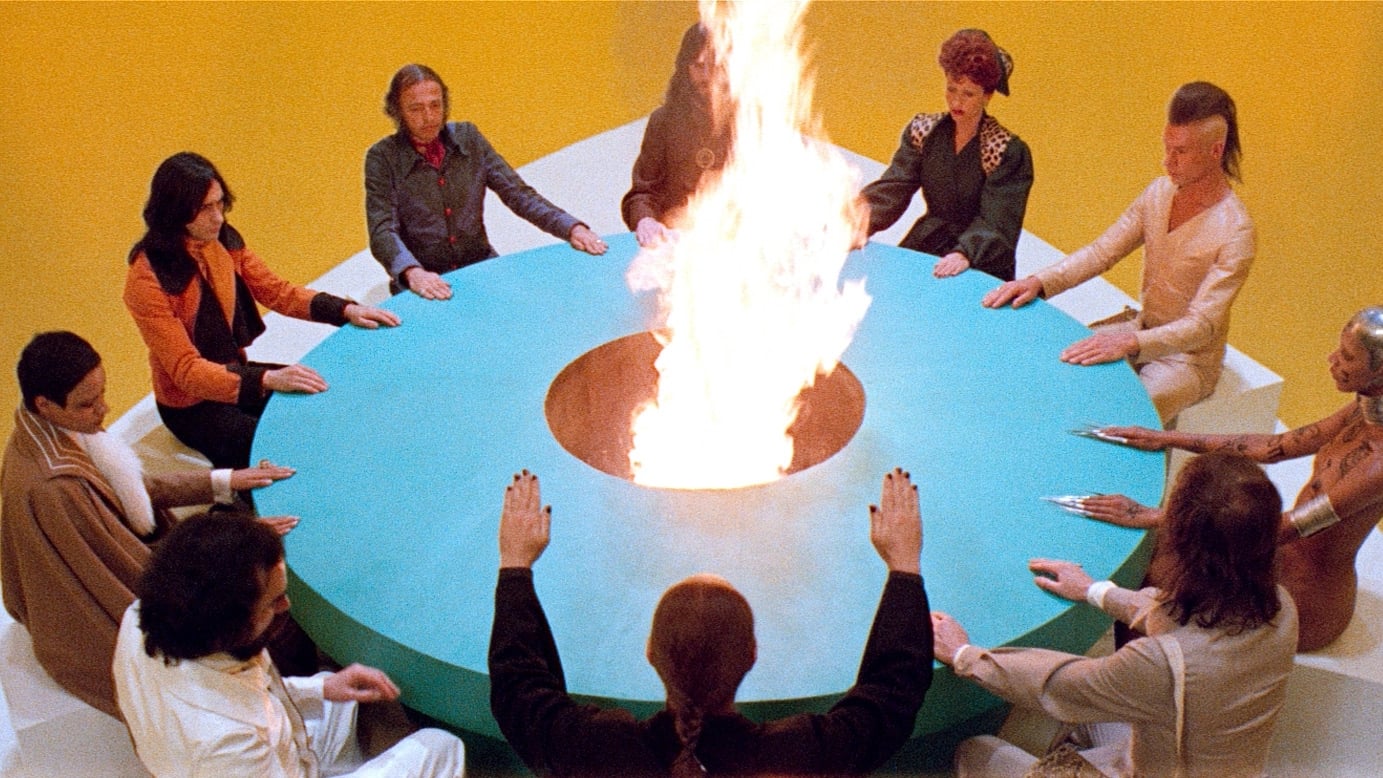Who is a Casting Director?.
A casting director is a crucial member of a film’s production team responsible for finding and selecting actors to fill various roles in a movie or television show. They serve as the bridge between filmmakers and actors, ensuring that the right talent is chosen to bring characters to life on screen.
Understanding the Script and Vision.
The first duty of a casting director is to thoroughly read and analyze the script. They must understand the director’s vision and the producer’s requirements to identify the specific characteristics needed for each role. This deep comprehension allows them to make informed decisions throughout the casting process.
Creating Breakdowns and Character Descriptions.
After understanding the script, casting directors create detailed breakdowns of each character. These breakdowns include information such as age range, physical appearance, personality traits, and any specific skills required for the role. These descriptions are then distributed to talent agencies and actors to attract suitable candidates.
Managing Auditions and Screen Tests.
Organizing and overseeing auditions is a primary responsibility of casting directors. They schedule and conduct initial readings, callbacks, and screen tests. During these sessions, they evaluate actors’ performances, chemistry with other cast members, and their ability to embody the characters as envisioned by the filmmakers.
Negotiating with Agents and Managers.
Casting directors often serve as the first point of contact between the production and talent representatives. They negotiate fees, schedules, and contract details with agents and managers. This role requires excellent communication skills and a deep understanding of industry standards and practices.
Collaborating with Filmmakers.
A crucial aspect of a casting director’s job is to work closely with the director, producer, and sometimes writers to ensure that the chosen actors align with the creative vision of the project. They must be able to offer suggestions, provide alternatives, and sometimes challenge the filmmakers’ preconceptions to find the best possible cast.
Discovering New Talent.
Casting directors are always on the lookout for fresh faces and emerging talent. They attend theater productions, showcase events, and film festivals to scout for new actors. This ongoing process of talent discovery helps to bring exciting new performers to the attention of filmmakers and audiences alike.
Ensuring Diversity and Representation.
In today’s film industry, casting directors play a vital role in promoting diversity and inclusive representation on screen. They strive to present a wide range of actors from various backgrounds, ethnicities, and experiences to reflect the diversity of real-world communities in film and television productions.
Handling Logistics and Scheduling.
Casting directors must manage the logistical aspects of the casting process. This includes coordinating audition schedules, arranging travel for out-of-town actors, and ensuring that all necessary paperwork and legal requirements are met for each performer considered for a role.
Providing Feedback and Guidance.
Throughout the casting process, directors offer constructive feedback to actors and filmmakers alike. They may coach performers on their audition techniques or provide insights to directors about an actor’s range and potential. This guidance helps to refine performances and assists in making final casting decisions.
Maintaining Industry Relationships.
Building and maintaining strong relationships within the industry is crucial for casting directors. They must cultivate connections with agents, managers, actors, and filmmakers. These relationships not only help in current projects but also contribute to future casting opportunities and collaborations.
Adapting to Changing Technologies.
As the film industry evolves, casting directors must stay current with new technologies and platforms. This includes familiarity with virtual audition processes, self-tape submissions, and digital casting platforms that have become increasingly important in recent years.
Conclusion.
The role of a casting director in the film industry is multifaceted and essential to the success of any production. From understanding the creative vision to discovering new talent and ensuring diverse representation, casting directors shape the face of cinema and television. Their expertise, industry knowledge, and keen eye for talent contribute significantly to bringing stories to life on screen and launching the careers of countless actors.

I am a highly experienced film and media person who has a great deal to offer to like-minded individuals. Currently working on several exciting projects, I am a film and media practitioner for over a decade. I have achieved a great deal of success in my professional career.





